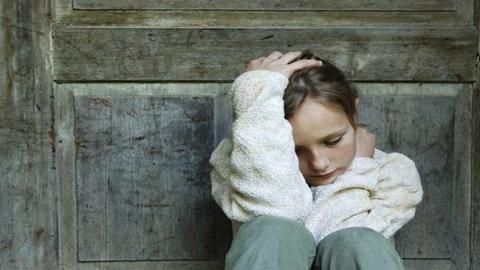
In addition, poorer pre-schoolers were much more likely to have symptoms of clinical depression when they reached school age, the findings revealed, indiatimes.com reported.
Pre-schoolers were more likely to be depressed at age 9 or 10, the study showed. In particular, the brain's hippocampus, a structure key to learning, memory and regulation of stress, and the amygdale — that is linked to stress and emotion, connect to other areas of the brain differently in poor children than in kids whose families had higher incomes, explained the researchers.
"In this study, we found that the way those structures connect with the rest of the brain changes in ways we would consider to be less helpful in regulating emotion and stress," said lead author Deanna M. Barch from Washington University. Those changes in connectivity are also related to a risk of clinical depression, the researchers said.
"Poverty is one of the most powerful predictors of poor developmental outcomes for children," said Joan L. Luby, professor at the university.
Analyzing brain scans of 105 children between ages 7 and 12, the researchers found that key structures in the brain are connected differently in poor children than in kids raised in more affluent settings.
Those connections, viewed using functional MRI scans, were weaker, depending on the degree of poverty to which a child was exposed, the findings, published online in The American Journal of Psychiatry, said.
The researchers measured poverty using what's called an income-to-needs ratio that takes into account a family's size and annual income
